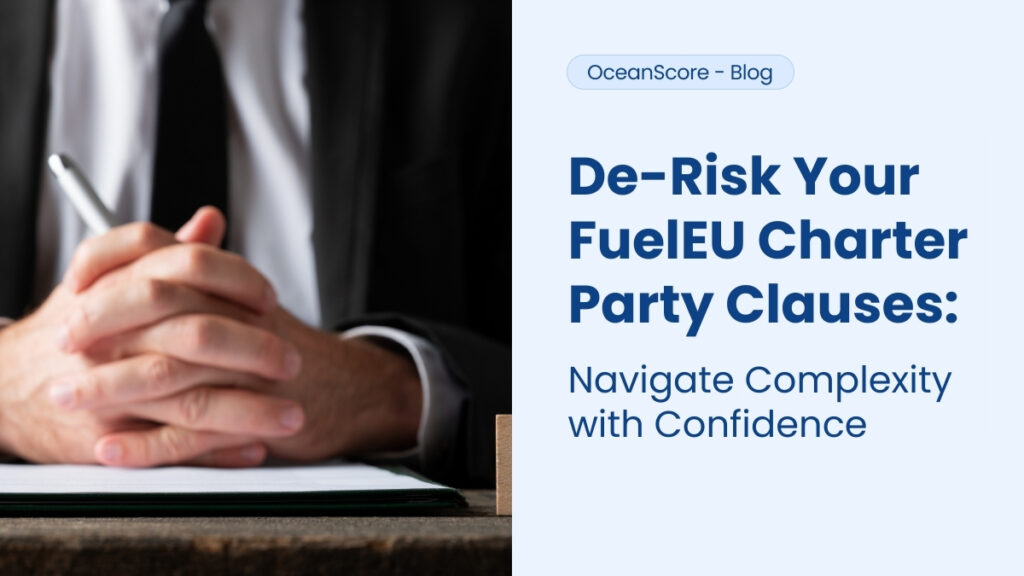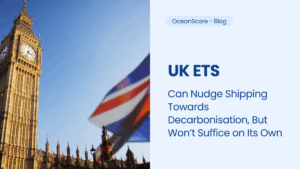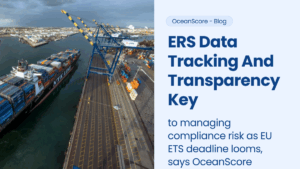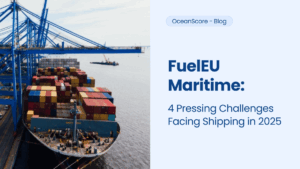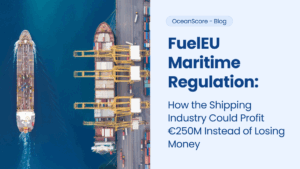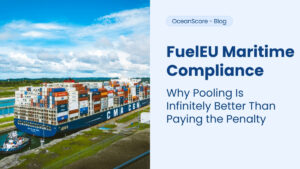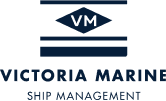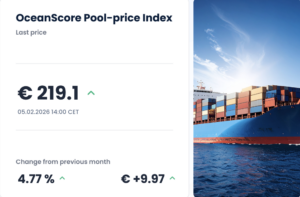As the maritime industry adapts to new environmental regulations, FuelEU Charter Party clauses have emerged as a significant challenge for shipowners and charterers alike. As regulatory demands rise, so do the financial and operational risks tied to FuelEU compliance. Without clear, adaptive contractual terms, even well-prepared stakeholders can face unexpected exposure. The nature of FuelEU Charter Party (C/P) Clauses demands careful consideration to avoid unforeseen financial impacts. This article explores how to navigate these complexities effectively and protect your business interests in this evolving regulatory environment.
Understanding FuelEU Compliance Complexities
To manage FuelEU risks effectively, it’s essential to understand both the regulatory mechanics and the real-world commercial variables at play.
The Balance Sheet Challenge
FuelEU C/P Clauses are inherently complex. Vessels can generate surpluses when they exceed compliance targets or deficits when they fall short. These fluctuating balances create a dynamic financial situation that must be carefully managed throughout the charter period.

Multiple Compliance Strategies
Shipowners and charterers have various options for handling compliance balances:
- Banking excess credits for future use
- Borrowing against future compliance periods
- Pooling vessels to optimise overall compliance
- Making penalty payments when necessary
Each strategy carries different financial implications, especially as biofuel price spreads change constantly and pool prices remain volatile and unpredictable. Drafting effective FuelEU Charter Party clauses requires careful consideration of how these strategies will be reflected in the contract.
Creating De-Risked Charter Party Clauses
The goal isn’t just compliance—it’s predictability and fairness. De-risked clauses give both parties clarity, reduce the chance of disputes, and allow for smarter commercial decisions.
Comprehensive Coverage is Key
Well-crafted C/P Clauses must address all potential scenarios:
- Situations where the charterer generates either a surplus or deficit
- Options for the charterer to pool the vessel or conduct cash settlements
- Clear terms for handling optional charter party extensions
- Specific procedures for calculating payments in either direction
Critical Details That Cannot Be Overlooked
Pooling Provisions
What happens if a charterer has the option but not the obligation to pool? This seemingly minor detail can create significant exposure if not properly addressed in your clauses.
Off-Hire Calculations
How are compliance balances priced during periods not covered by the charterer’s pooling offer or during off-hire periods? These gaps require specific language to avoid disputes.
Settlement Timing and Direction
When should cash settlements occur, and in which direction should payments flow? Clear schedules and triggers prevent confusion and ensure proper financial planning.
ETS Implications
The interaction between EU Emissions Trading System (ETS) requirements and biofuel-based compliance strategies must be explicitly addressed to avoid unexpected costs.
Technology-Enabled Risk Management
Simulation Capabilities
Advanced solutions like the OceanScore’s FuelEU Planner allow you to model various compliance scenarios before they occur. This proactive approach helps quantify potential financial impacts and identify optimal contractual terms.
Expert Guidance
OceanScore’s specialists work with more than 70 leading shipping companies, providing deep industry knowledge of both regulatory requirements and market dynamics. Our expertise ensures your clauses are robust against all foreseeable scenarios.
Ready to De-Risk Your Clauses?
Don’t leave your FuelEU compliance strategy to chance. Contact OceanScore today to de-risk your charter party agreements and protect your business from unexpected compliance costs. Our team will help you develop tailored clauses that safeguard your interests while maintaining commercial flexibility in this complex regulatory environment.
Schedule your consultation now to ensure your FuelEU Charter Party clauses are structured to protect your interests—not expose them.
Frequently Asked Questions
They are contractual terms that define how a vessel’s FuelEU Maritime compliance obligations (surpluses, deficits, pooling, penalties) are shared or managed between owner and charterer.
Yes—if structured correctly, pooling allows vessels with deficits to offset them using surpluses from others, but this depends on commercial agreements and pool availability.
Pricing should reflect current and forecasted biofuel spreads and pool prices. Using scenario simulation tools like OceanScore’s FuelEU Planner can provide fair, data-backed pricing.
This creates risk for the owner—clear language is needed to define fallback obligations, such as cash settlements or minimum compliance thresholds.

